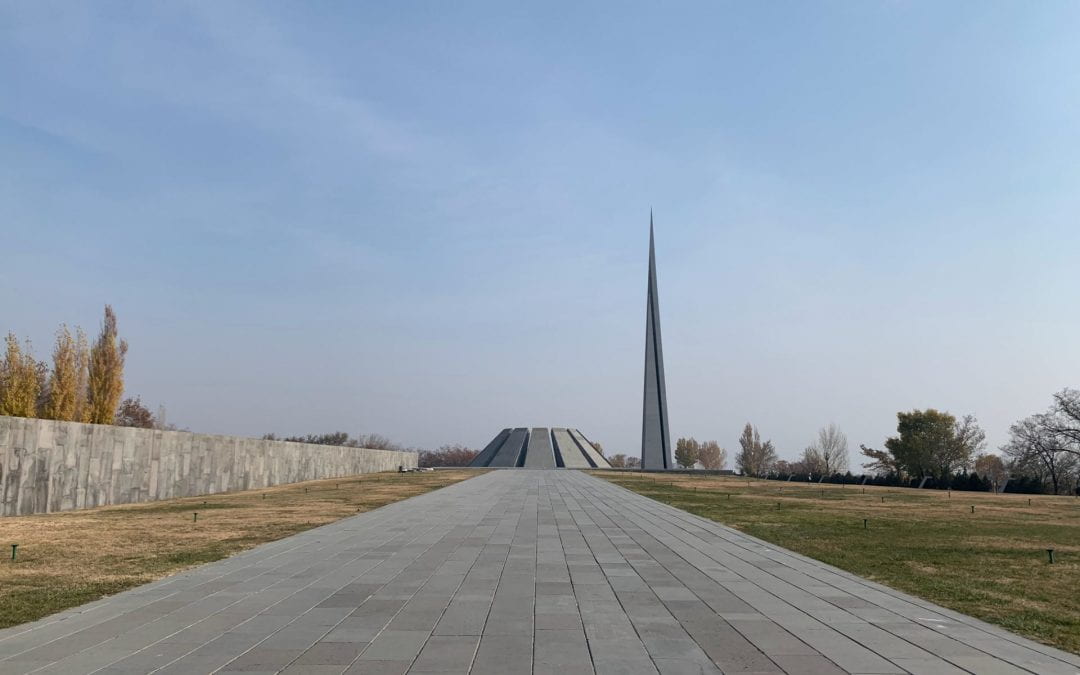After mass atrocities and crimes against humanity, how can societies reconcile? How is justice performed, and how should we recognize these crimes? What of the clash between international interests and local needs when dealing with the punishment and acknowledgement of atrocities? Doug Becker speaks with Elazar Barkan, Mark Drumbl and Jeremy Sarkin.
Elazar Barkan is a Professor of International and Public Affairs at Columbia University. His research interests focus on human rights and the role of history in contemporary society and politics, and the response to gross historical crimes and injustices. He is also the author of The Guilt of Nations: Restitution and Negotiating Historical Injustices.
Mark Drumbl is a Professor of Law at Washington and Lee’s University. He is an expert in international law and is the author of Reimagining Child Soldiers in International Law and Policy.
Jeremy Sarkin is a Distinguished Visiting Professor of Law at Nova University Law School in Lisbon, Portugal. He is an expert in transitional justice and human rights and is the author of The Global Impact and Legacy of Truth Commissions.
Podcast:
This interview originally aired on the Scholars’ Circle. To access our archive of episodes and download this interview, click here.
For more of our audio and visual content check out our YouTube channel, or head to the University of Auckland’s manuscripts and archives collection.
Disclaimer: The ideas expressed in this discussion reflect the views of the participants and not necessarily the views of The Big Q.
You might also like:
Killing orders: What are the facts of the Armenian Genocide and Turkey’s long-standing denial? ▶
What are the root causes of genocide? 🔊

